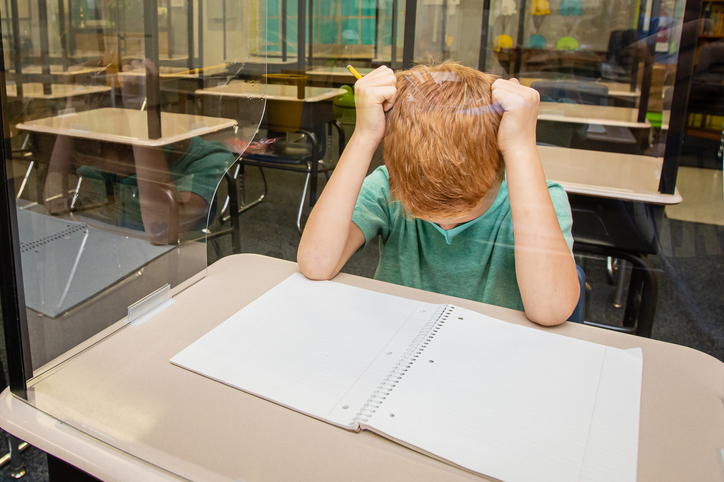- Free Consultation: (714) 351-0178 Tap to Call
Student Rights During School Searches and Seizures

As a student, you might not think much about your legal rights—until the moment they’re being tested. Whether it’s a locker inspection or a surprise check of your phone, school searches raise serious questions about privacy and fairness. Katie Walsh is dedicated to defending the rights of students and ensuring that educational institutions uphold the law. If your rights have been compromised, understanding the legal framework is the first step toward justice—and we’re here to guide you through that journey.
The Legal Foundation: Understanding the Fourth Amendment
The Fourth Amendment of the United States Constitution safeguards individuals from unreasonable searches and seizures by the government. However, in school settings, this protection is applied differently. While the general public is shielded by the requirement of “probable cause” for searches, students in schools are subject to the more lenient standard of “reasonable suspicion.” This distinction was established in the Supreme Court case New Jersey v. T.L.O., which ruled that school officials only need reasonable suspicion, not probable cause, to search students.
The case Safford Unified School District v. Redding further refined this standard, especially for invasive searches. The Supreme Court ruled that a strip search of a student suspected of possessing ibuprofen was excessively intrusive, emphasizing that even with reasonable suspicion, the search must be proportionate to the situation.
What Constitutes a Search in Schools?
- Random Searches: Schools may conduct random searches, such as metal detector screenings or drug-sniffing dog searches, without individualized suspicion. These searches are often used as a deterrent and to maintain a safe environment for all students.
- Suspicion-Based Searches: Schools can also conduct searches based on reasonable suspicion. This means that school officials must have specific and articulable facts that lead them to believe that a student is involved in wrongdoing or possesses prohibited items.
- Emergency Searches: In emergency situations, such as when there is an immediate threat to the safety of students or staff, schools can conduct searches without obtaining prior authorization or reasonable suspicion.
Your Rights During a School Search
It is essential for students and their parents to understand their rights during a school search. Some key points to keep in mind include:
- You have the right to be treated with respect and dignity during the search.
- School officials should not conduct intrusive searches without a legitimate reason.
- Schools should be transparent about their search policies and procedures.
- You have the right to consult with a lawyer if you believe your rights have been violated during a school search.
Along with searches, seizures of student property are another area where rights can be violated. The seizure must be justified and reasonable, whether it’s a cell phone, a laptop, or any other personal item. Students have the right to challenge the seizure and seek the return of their property, particularly if it was taken without proper cause.
Contact an Orange County Juvenile Defense Attorney Today
If a school search crossed the line, Katie Walsh is the Orange County Juvenile Defense Lawyer you need on speed dial. She’ll dive into your case, challenge the school’s actions, and ensure your child’s voice is heard loud and clear. Don’t let the school bully your child’s rights. To schedule a consultation, call us today at (714) 351-0178 or contact us online.






